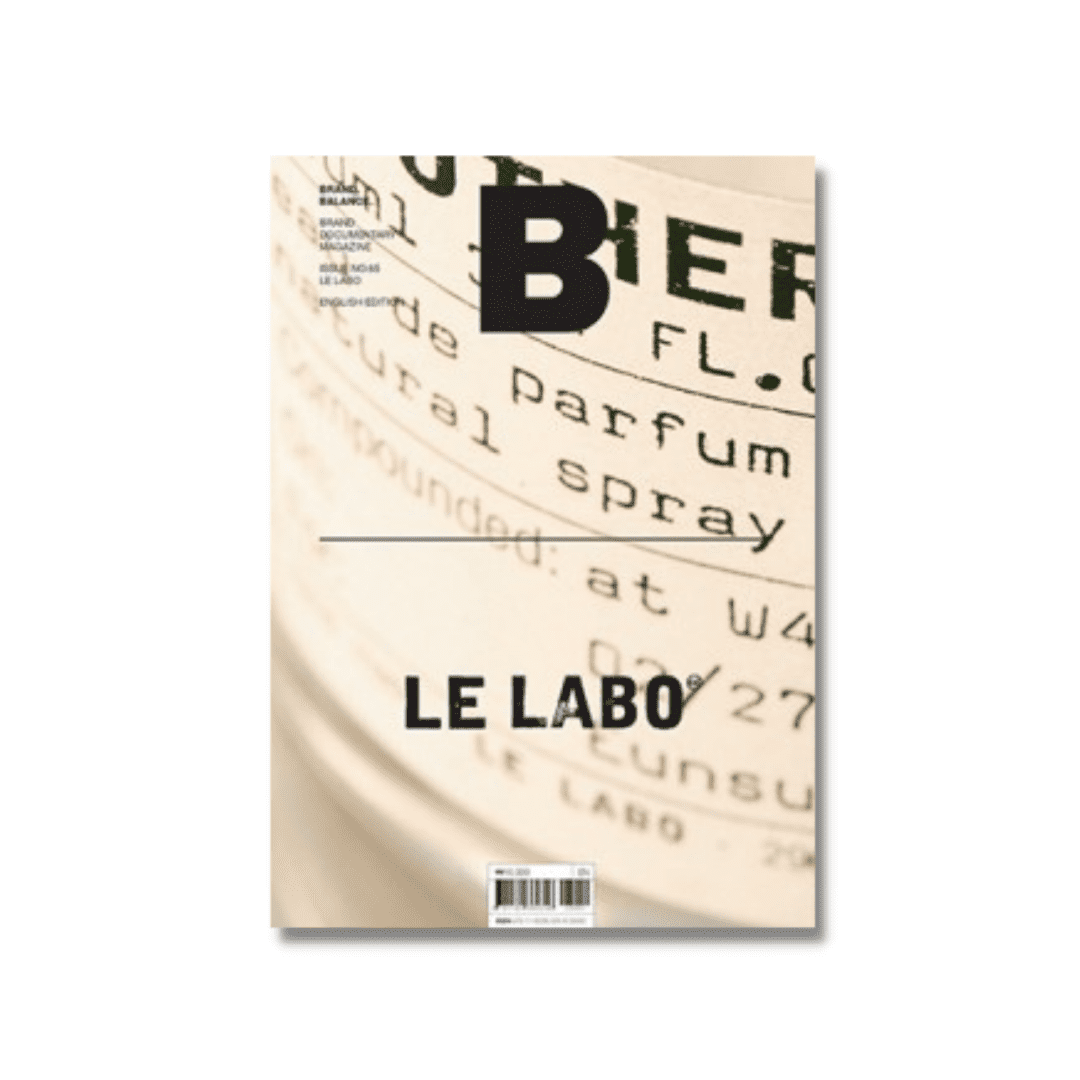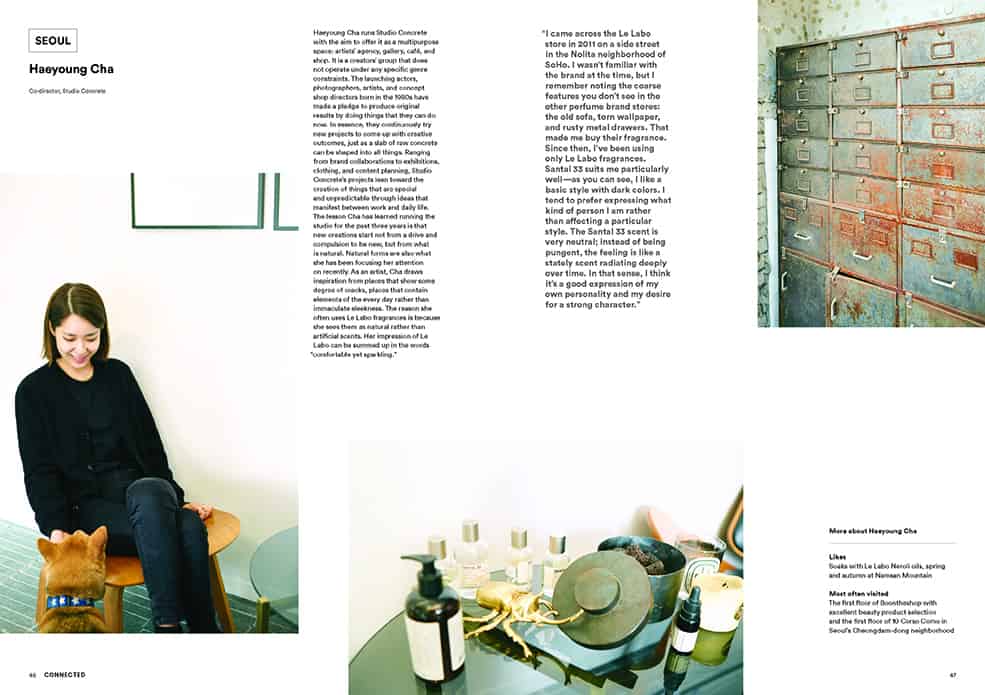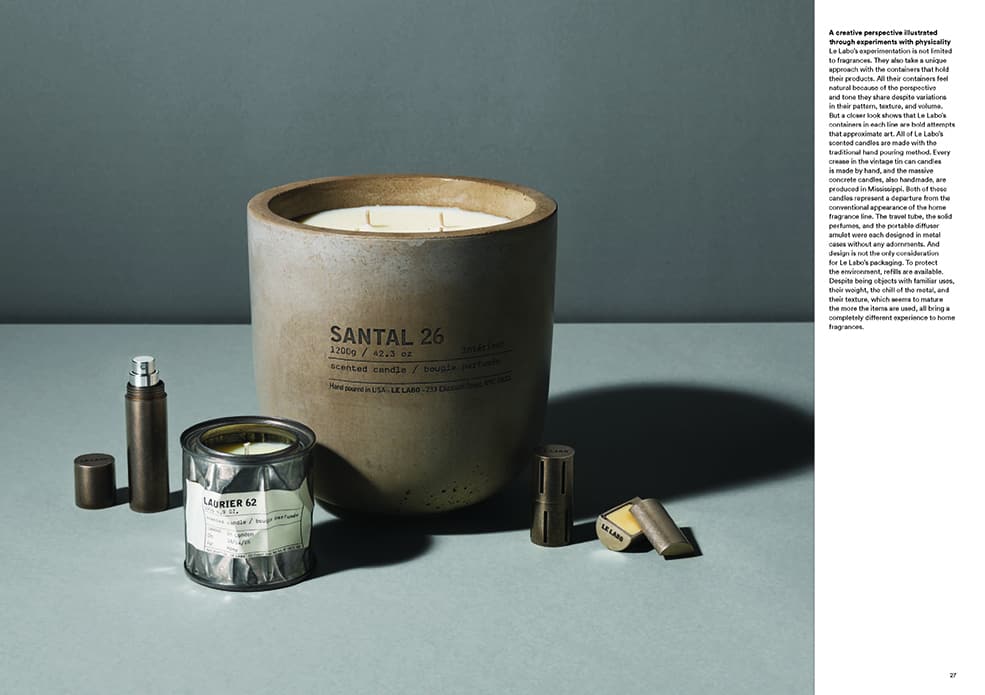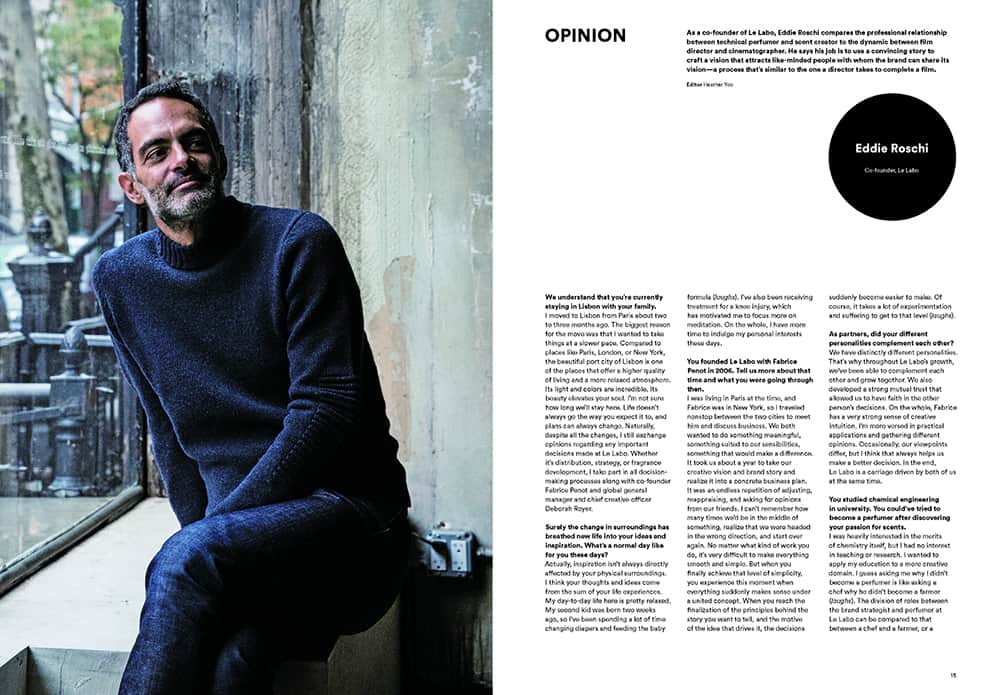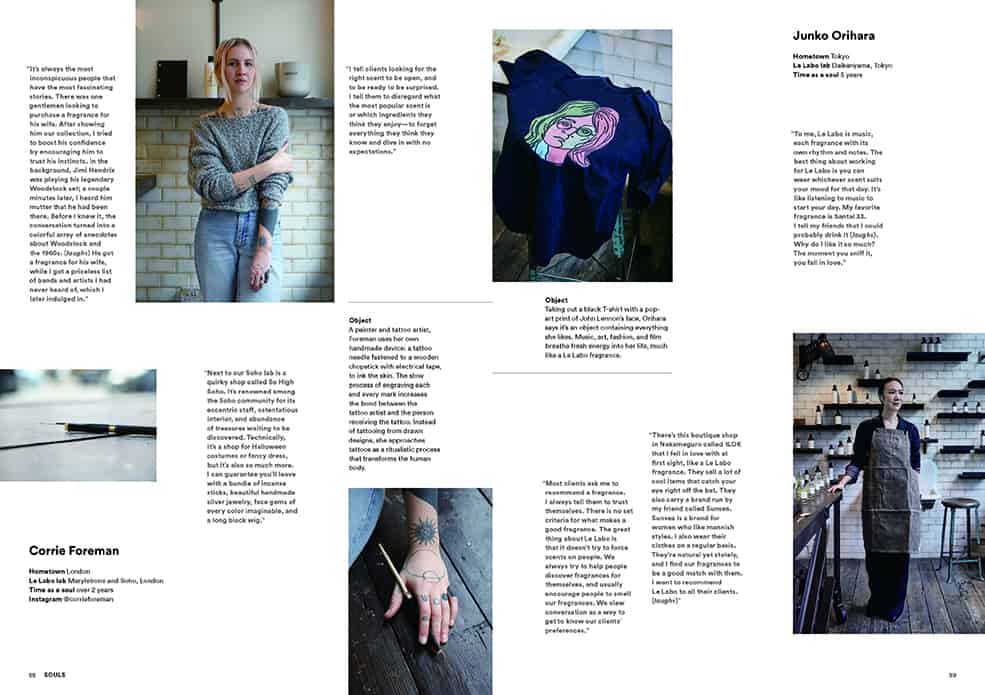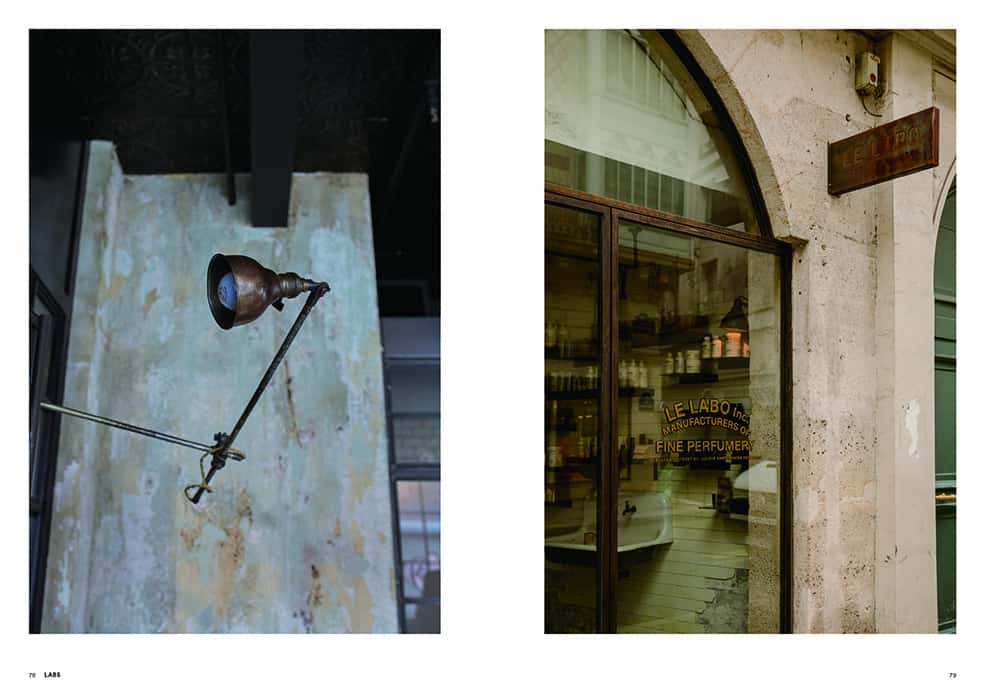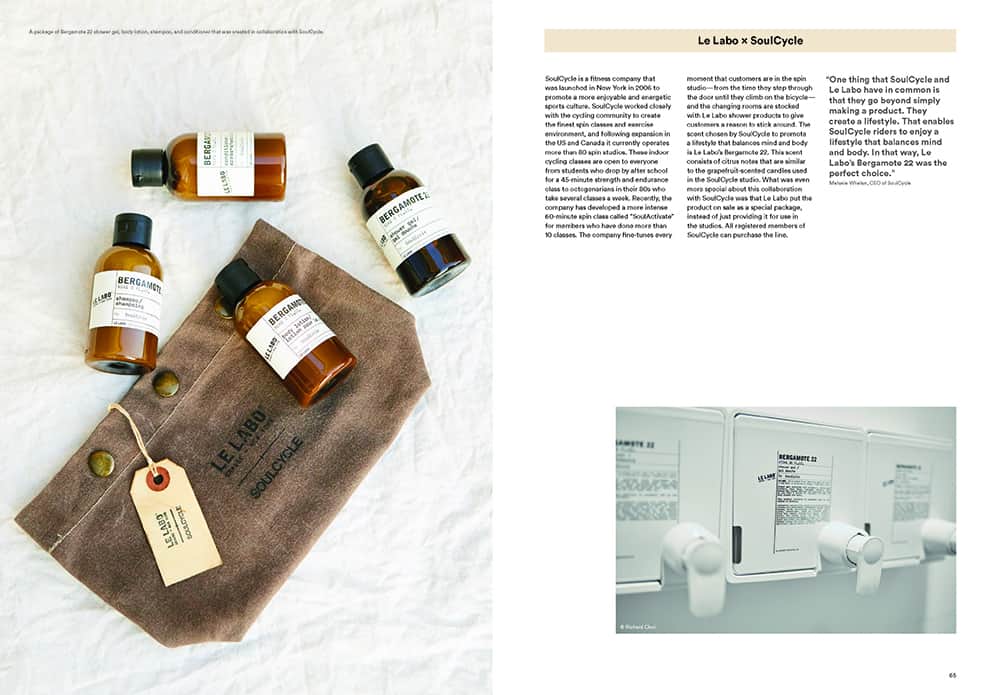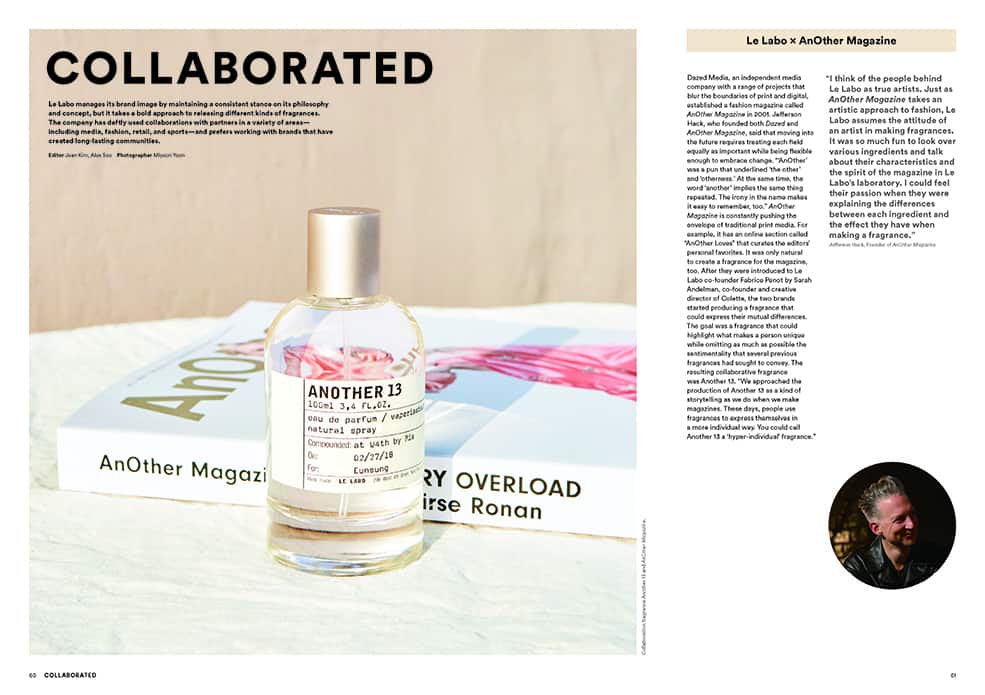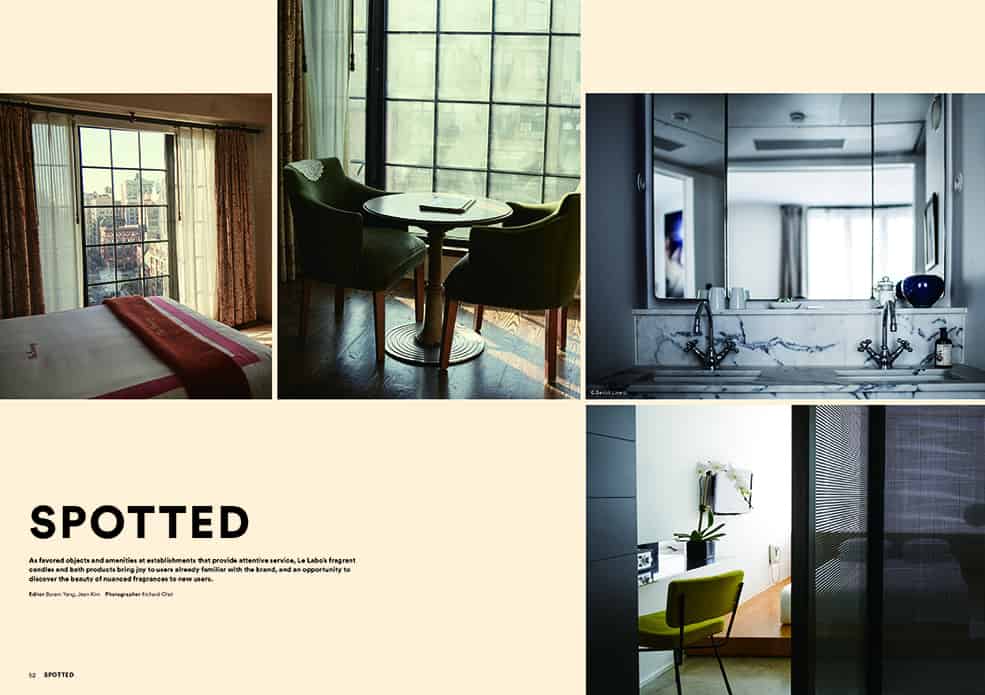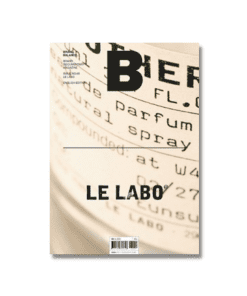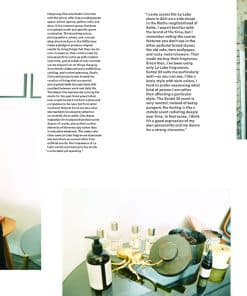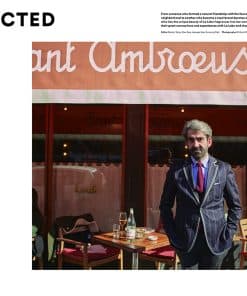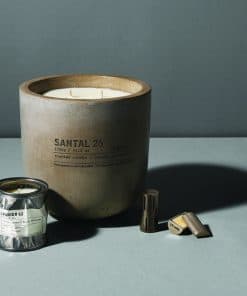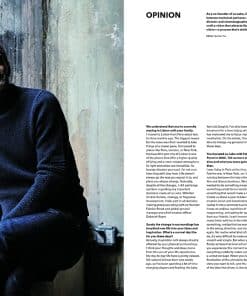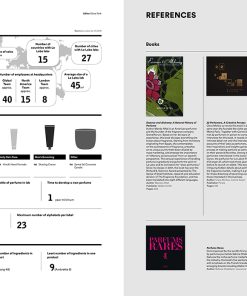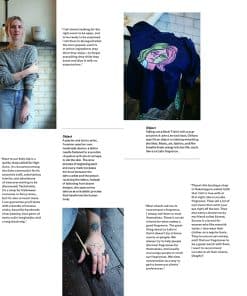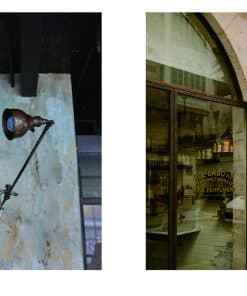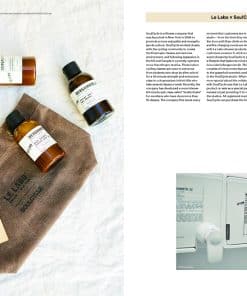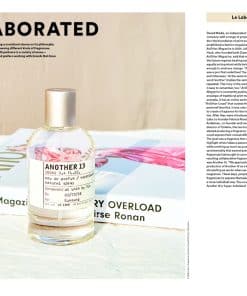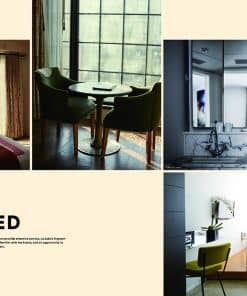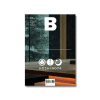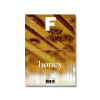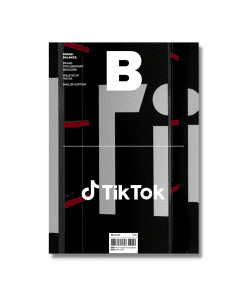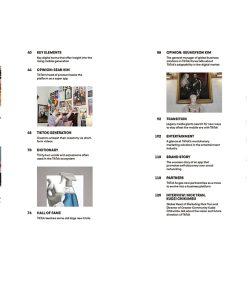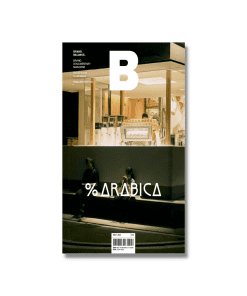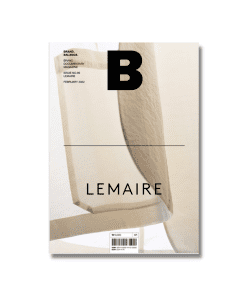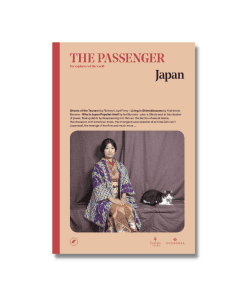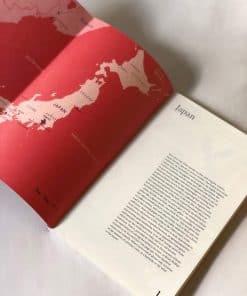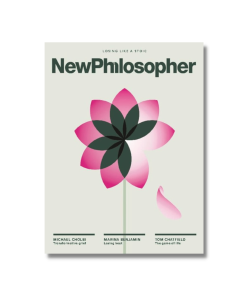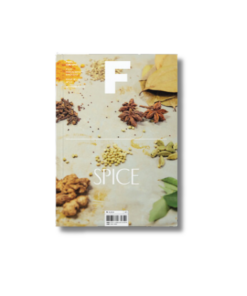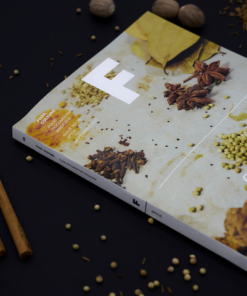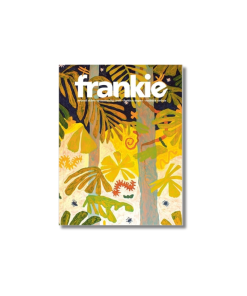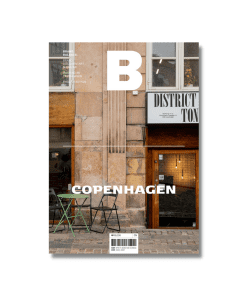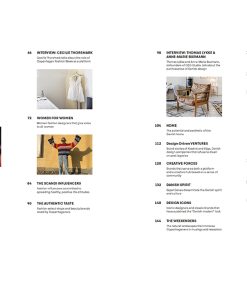Magazine B No.65 LE LABO
480.000₫
INTRO
EDITOR’S LETTER
TRAYS
A glimpse at Le Labo users product picks on Instagram
OPINION
Eddie Roschi, co-founder of Le Labo
GRASSE
The city that inspired the brand
INTENTION
Sharp senses and heartfelt narratives connoted in Le Labo products
IMPRESSION
Characteristics of each fragrance via product names—base ingredient and number of notes
EXPERIENCES
The in-store experience of hand-blending and personal labeling
CONNECTED
People who share a personal connection and history with Le Labo
SPOTTED
Attractive establishments where Le Labo can be found
COLLABORATED
Collaborations with partners in various fields
OPINION
Fabrice Penot, co-founder of Le Labo
LABS
Le Labo’s workshop aesthetics reveal its identity and philosophy
SOULS
The people who directly communicate brand philosophy and beliefs to customers
IMPERFECTION
BRAND STORY
The birth and growth of Le Labo into an exclusive presence among niche perfume brands
FRAGRANCE REPORT
Stories behind perfumery and perfumers
OVERHEARD
Quotes from customers overheard in the store
TO WILLIAMSBURG, NEW YORK
Le Labo Café and headquarters in Williamsburg, New York
INTERVIEW
Deborah Royer, Global General Manager and Chief Creative Officer
FAVORITES
Le Labo employees’ interests shape brand culture
FIGURE
Le Labo’s business strategy in numbers
REFERENCES
OUTRO
Cho phép đặt hàng trước

